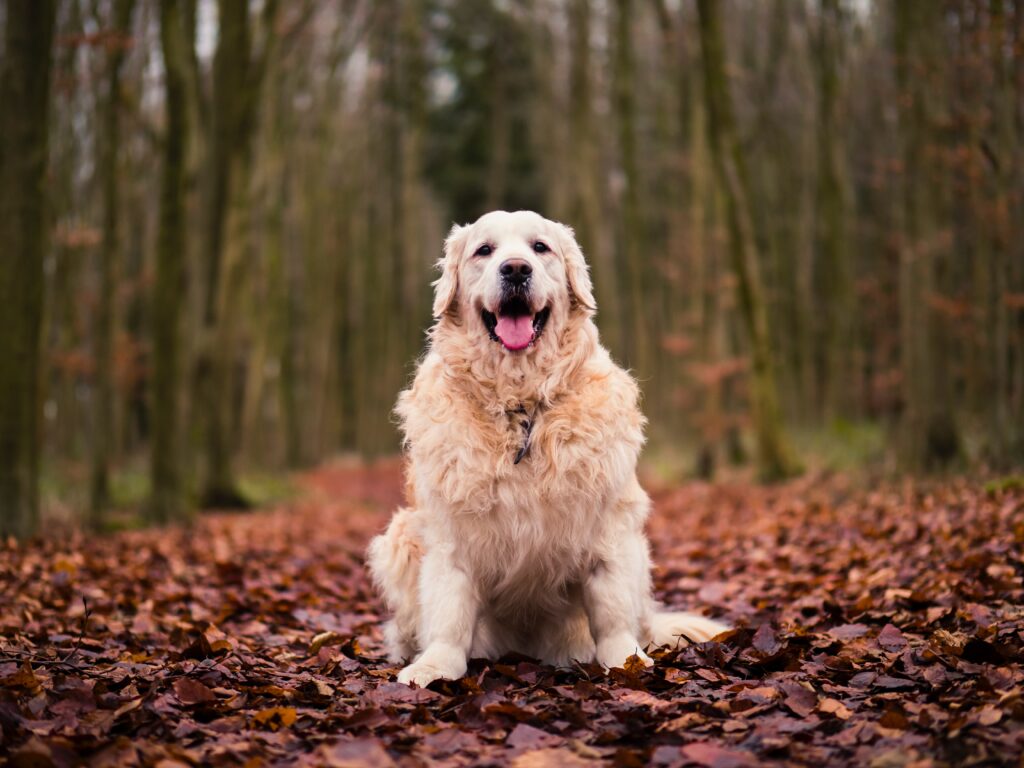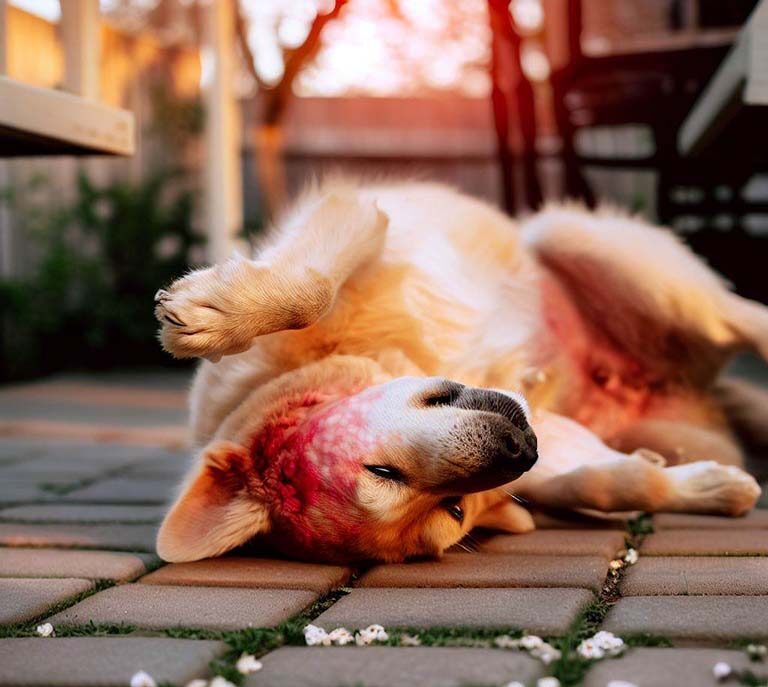How Come My Dog Scoots?
You may have observed your dog “scooting,” or dragging its bottom on the floor, as a dog owner. Scooting may look innocent or even entertaining, but it may be a sign of a health problem. This article explains why your dog scoots and what you can do to assist him.
Table of Contents
What is the Scooter?
When a dog’s hindquarters drag across the ground, it is termed scooting. While scooting, dogs commonly use their hind legs to propel themselves forward, leaving a track of excrement or rubbish behind them. Although scooting is a common canine behavior, it is not natural and may indicate a health issue.
Why Do Canines Scoot?
There are various reasons why dogs may scoot, such as:
Anal Gland Problems
Two anal glands are situated on either side of the canine anus. When a dog defecates, these glands secrete an offensive-smelling liquid. If the glands get blocked or diseased, they might become painful, causing your dog to scoot. This is the most prevalent explanation for why dogs pace.
Allergies and Irritation of the Skin
Another reason why your dog scoots could be allergies. Allergies and skin irritation can cause itching and scratching in your dog, which can result in scooting. Pollen, dust, and food are widespread allergies. Parasites, such as fleas and mites, can also cause skin irritation.
Intestinal Parasites
Tapeworms and hookworms, among other intestinal parasites, might cause your dog to scoot. Some parasites can irritate the intestinal lining, producing discomfort and the need to move about.
Digestive Problems
Digestive disorders such as constipation or diarrhea can result in discomfort and scooting. If your dog is constipated, he or she may attempt to defecate by scooting. Alternately, if they have diarrhea, they may attempt to clean themselves by scooting.
Neurological Issues
Rarely, scooting may indicate a neurological condition, such as a spinal cord injury or nerve damage. This cause is less common than the others stated, but it is nonetheless vital to be aware of.
How do I stop my dog from scooting?
The prevention of scooting is contingent on the underlying cause. Still, some general advice includes:
- Frequently massage your dog’s anal glands.
- Maintaining clean and dry hindquarters for your dog
- Rapidly treating allergies and skin irritations
- Routine deworming of your dog
- Giving your dog a balanced, nutritious diet
When Should I Bring My Dog to a Veterinarian?
If your dog is scooting excessively or regularly, you should consult a veterinarian to diagnose the underlying problem. Also, if you observe any of the following signs, you should seek veterinarian attention immediately:
- Blood in your dog’s stool or on their hindquarters indicates an infection.
- Putrid smell emanating from your dog’s anal glands.
- Extreme rear-quarter licking or biting
- Pain or distress signals, like as whining or yelping
Alternatives for the Therapy of Scooting
After the root cause of scooting has been recognized, the following therapeutic options may be available:
Anal Gland Expression
If clogged or infected anal glands are the source of your dog’s scooting, your veterinarian may need to physically express the glands. This can provide instantaneous relief and avoid future problems.
Medications
Depending on the cause of scooting, your veterinarian may prescribe pain-relieving or anti-inflammatory medications like as antibiotics or anti-inflammatory pharmaceuticals.
Nutritional Modifications
If digestive disorders or food allergies are the reason of your dog’s scooting, your veterinarian may recommend a change in diet. This may involve a move to a hypoallergenic or prescription diet, or the addition of fiber to the dog’s food to alleviate constipation.
FAQs
Q: Can canine scooting be an indication of cancer?
A: Although scooting can be a symptom of health problems, it is not likely to indicate cancer.
Q: Can I personally express my dog’s anal glands?
A: It is not advisable to express your dog’s anal glands unless a veterinarian has educated you to do so.
Q: Can my dogs food lead them to pace?
A: Indeed, stomach disorders and food allergies can cause dogs to scoot.
Q: Can my dog sustain injuries from scooting?
A: Scooting can cause irritation and harm to your dog’s skin, which, if left untreated, can lead to infection.
Q: How can I determine whether the anal glands of my dog are clogged or infected?
A: Infected or obstructed anal glands manifest by hindquarter licking or biting, a foul stench emanating from the glands, and apparent swelling or redness around the anus.
Q: Is scooting usually indicative of a health problem?
A: It is conceivable for dogs to scoot for other causes, such as enthusiasm or marking activity, despite the fact that scooting is often an indication of a health problem.
Q: Can scooting be stopped?
A: The prevention of scooting is contingent on the underlying cause. Frequent anal gland drainage, keeping your dog’s hindquarters clean, and providing them a nutritious food can aid in preventing certain causes of scooting.
Q: How often should the anal glands of my dog be expressed?
A: The frequency of anal gland expression can vary depending on the specific needs of each dog. It is essential to discuss this with your veterinarian in order to find the best timetable for your dog.
Q: May scooting be indicative of worms?
A: Certain types of intestinal parasites can cause anal discomfort, which can result in scooting.
Q: Is scooting more prevalent in specific dog breeds?
A: While scooting can occur in any breed, certain breeds are more susceptible to problems with their anal glands or digestive tracts, which may increase the likelihood of scooting. These breeds include, among others, Bulldogs, Basset Hounds, and Cocker Spaniels.
What you should you take home after reading this article, scooting in dogs may be an indication of an underlying health issue that requires immediate attention. By understanding the causes and treatment options for scooting, you may assist maintain the health and comfort of your furry companion. See your veterinarian to establish the underlying cause and the most effective treatment if you observe your dog scooting regularly or excessively.


